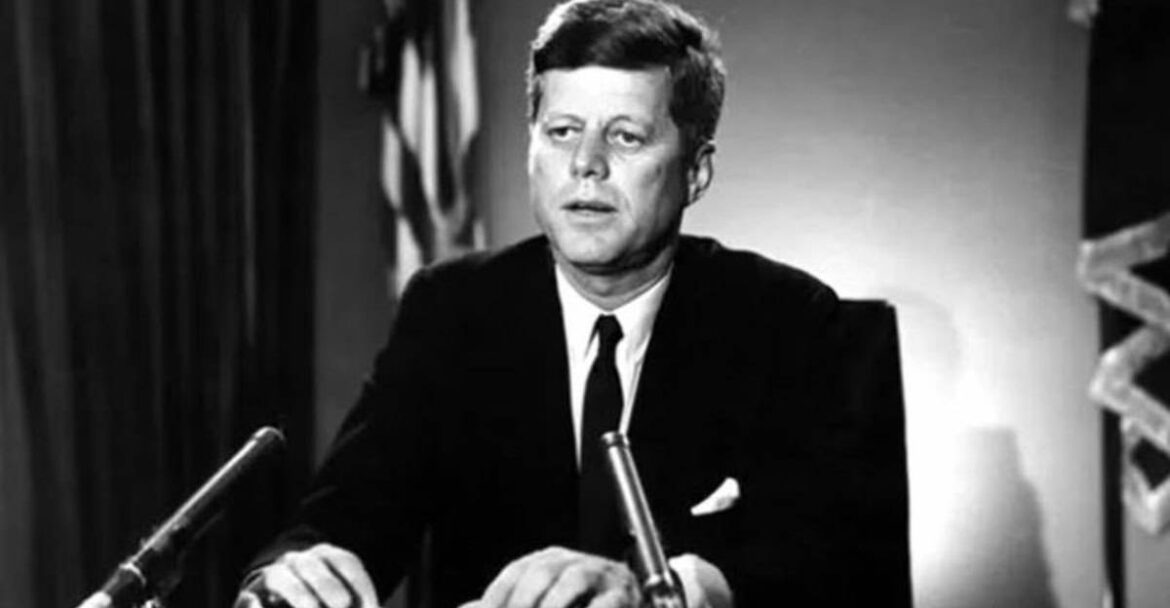The 1960s was a transformative decade marked by cultural revolutions, groundbreaking technological advancements, and significant political shifts.
For those who grew up during this time, these events are not just historical milestones but cherished memories that defined their formative years.
Let’s revisit ten iconic events that live on in the hearts of those who were 60s kids.
1. The Moon Landing
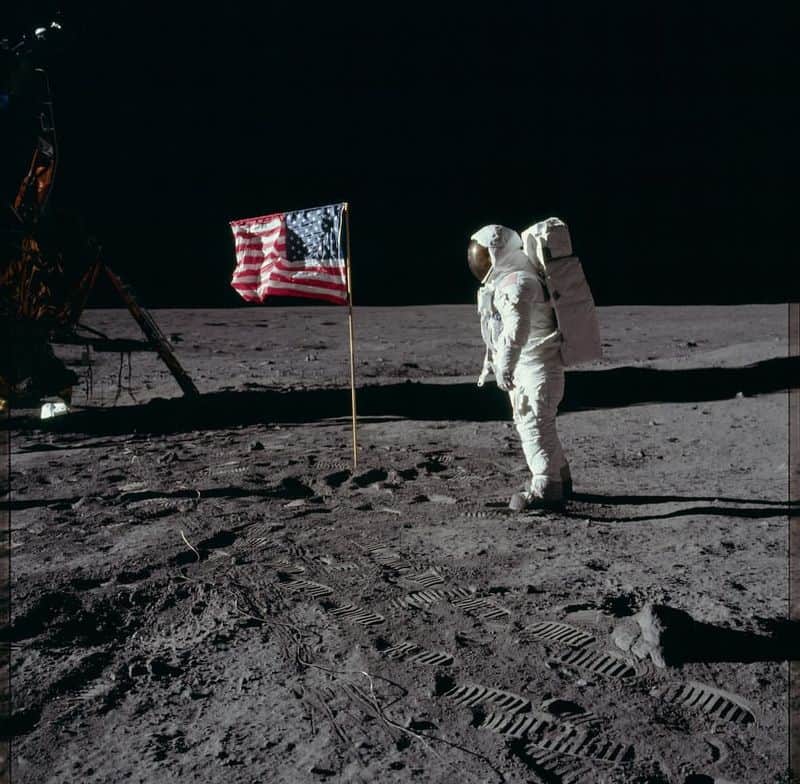
The world watched in awe as Neil Armstrong took humanity’s first steps on the moon on July 20, 1969. This momentous event was broadcast across the globe, captivating millions and leaving an indelible mark on history. The iconic words, “That’s one small step for man, one giant leap for mankind,” resonated with an era striving for new frontiers.
Families gathered around their television sets, eyes glued to the grainy black-and-white footage that challenged imaginations and instilled a sense of wonder. The moon landing was more than a scientific triumph; it symbolized the limitless possibilities of human achievement.
2. Woodstock Music Festival
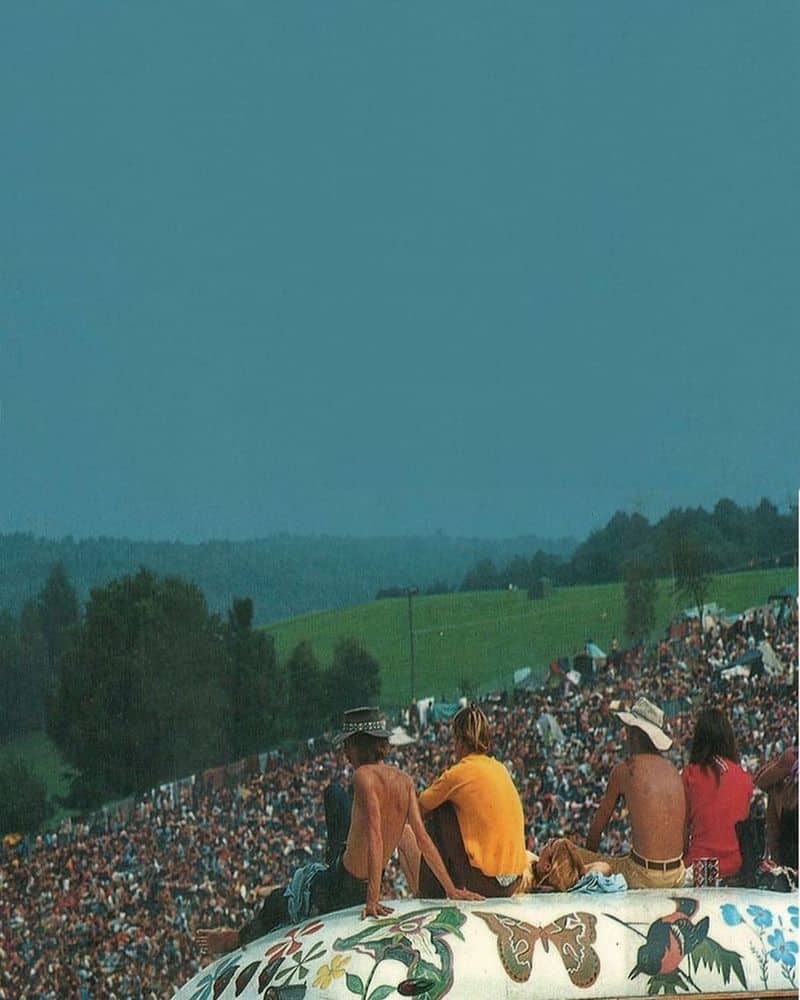
Held in August 1969, Woodstock became the defining symbol of the counterculture movement. Over 400,000 people gathered on a farm in Bethel, New York, united by music, peace, and love. It was an unprecedented celebration of freedom and expression, where legendary performances by Jimi Hendrix and Janis Joplin left lasting impressions.
Attendees braved mud and rain, driven by a shared belief in the power of music to change the world. Woodstock transcended a mere concert; it was a cultural phenomenon that embodied the hopes and dreams of a generation yearning for peace and unity.
3. The Beatles on The Ed Sullivan Show
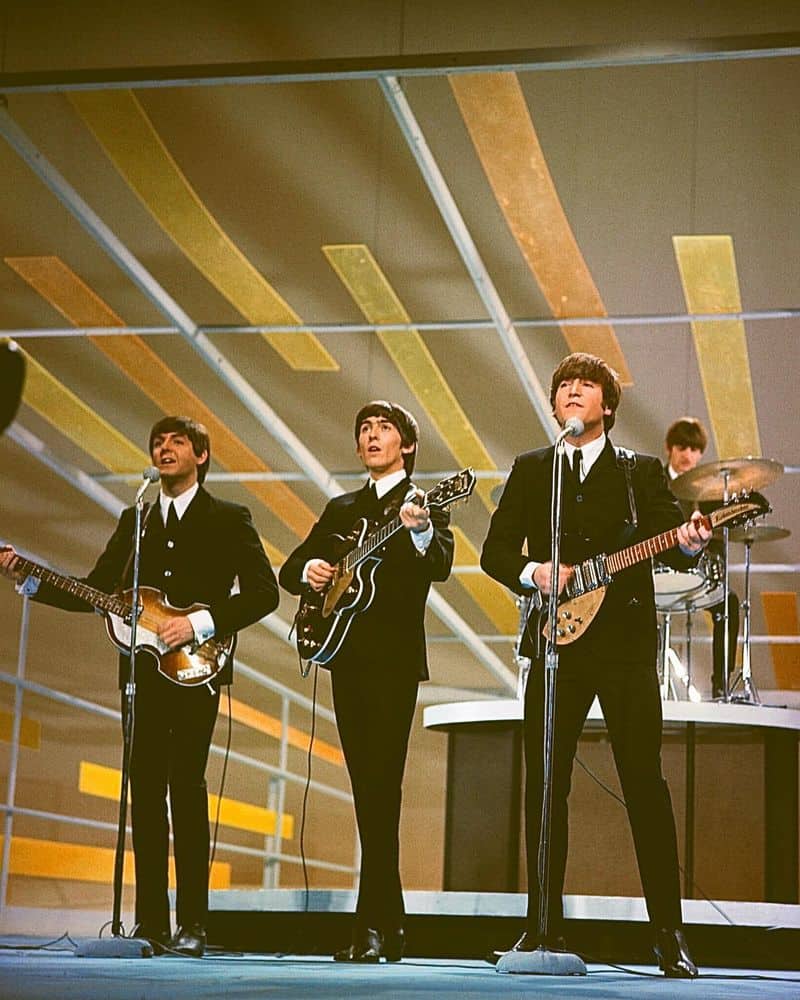
On February 9, 1964, The Beatles appeared on The Ed Sullivan Show, sparking Beatlemania across America. Over 73 million viewers tuned in, marking a pivotal moment in music history. John, Paul, George, and Ringo’s charismatic performance captivated young hearts and redefined popular culture.
This performance wasn’t just about music; it represented a shift in cultural attitudes. The Beatles’ influence extended beyond melodies, inspiring fashion, art, and social movements. Their debut on American television marked the beginning of a new era, bridging continents and shaping the identity of a generation.
4. Assassination of John F. Kennedy
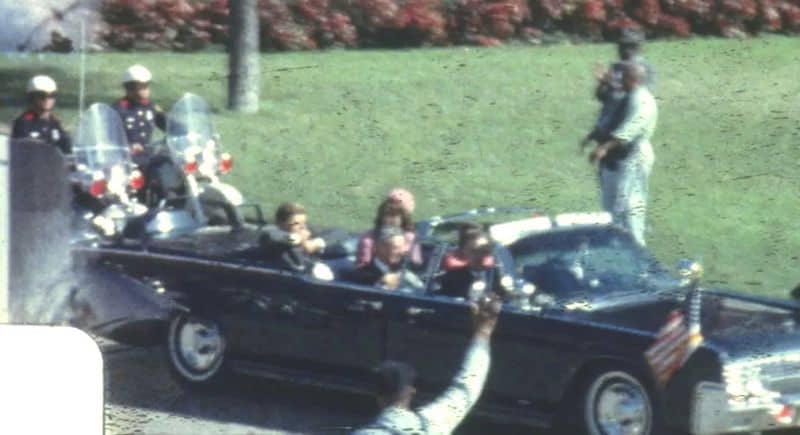
The assassination of President John F. Kennedy on November 22, 1963, in Dallas, Texas, shocked the nation and the world. As shots rang out, a sense of disbelief and grief enveloped the country. The young president’s vision for a “New Frontier” was abruptly ended, leaving a profound void.
Television brought the tragedy into living rooms, creating a collective mourning that united Americans. The event left a lasting impact on the political landscape and remains etched in the memories of those who lived through it as a moment of lost potential and hope.
5. The Civil Rights Movement March on Washington
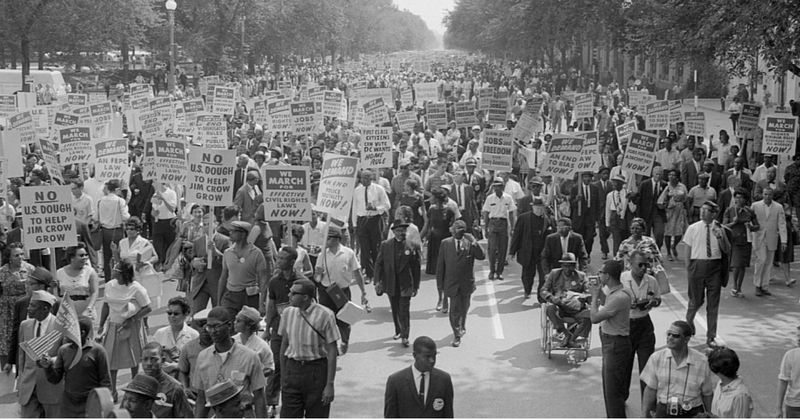
On August 28, 1963, the March on Washington for Jobs and Freedom became a pivotal moment in the Civil Rights Movement. Over 250,000 people gathered at the National Mall, where Martin Luther King Jr. delivered his iconic “I Have a Dream” speech. His words echoed a call for equality, justice, and unity.
The march was a powerful demonstration of solidarity and determination to change the future. It marked a turning point, galvanizing support for civil rights legislation. For those who witnessed it, the event was a beacon of hope and a testament to the strength of peaceful protest.
6. The Cuban Missile Crisis
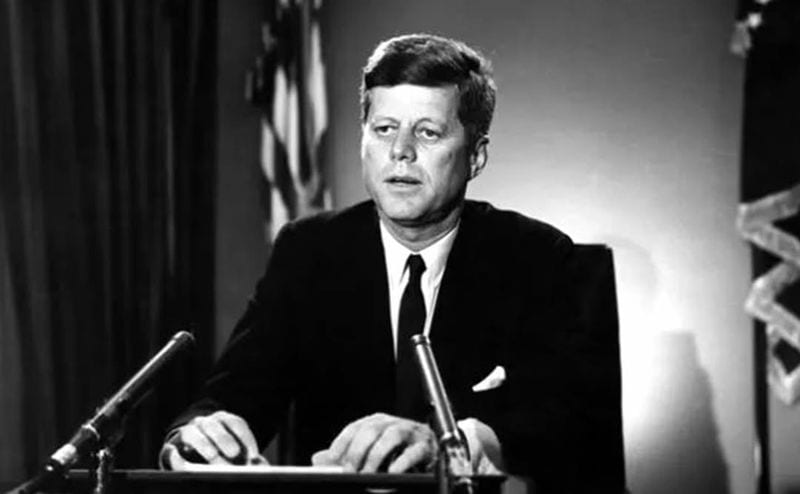
In October 1962, the Cuban Missile Crisis brought the world to the brink of nuclear war. For 13 tense days, President Kennedy and Soviet Premier Khrushchev engaged in a high-stakes standoff over missiles in Cuba. The crisis tested diplomacy and resolve, as fear of annihilation gripped the globe.
Families followed the developing situation with bated breath, aware that the future of humanity hung in the balance. Ultimately, diplomacy prevailed, and the crisis was averted. This event left a lasting imprint on international relations and taught valuable lessons in negotiation and peacekeeping.
7. The Summer of Love
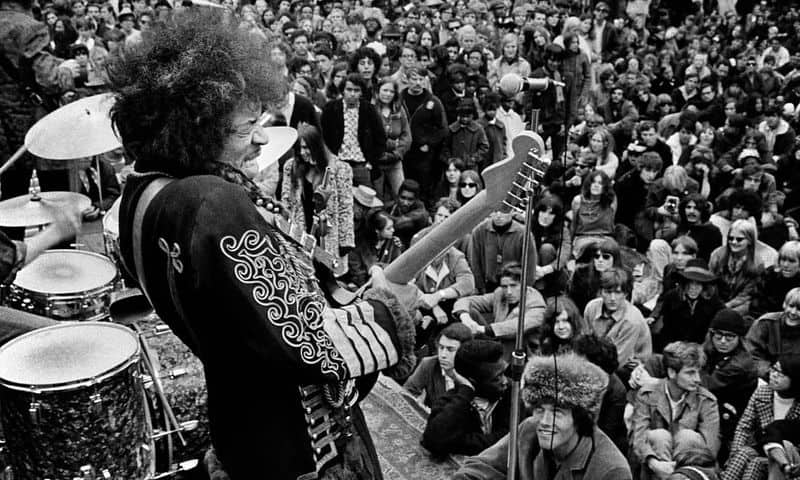
The Summer of Love in 1967 was a defining moment of the counterculture movement. Thousands flocked to San Francisco’s Haight-Ashbury district, embracing ideals of peace, love, and harmony. The vibrant scene was marked by psychedelic music, free expression, and a rejection of conventional societal norms.
For those who experienced it, the Summer of Love was more than a cultural shift; it was a revolutionary act of defiance against the status quo. It inspired new forms of art, music, and lifestyle, leaving a lasting impact on society’s evolution toward greater freedom and inclusivity.
8. The Vietnam War Protests
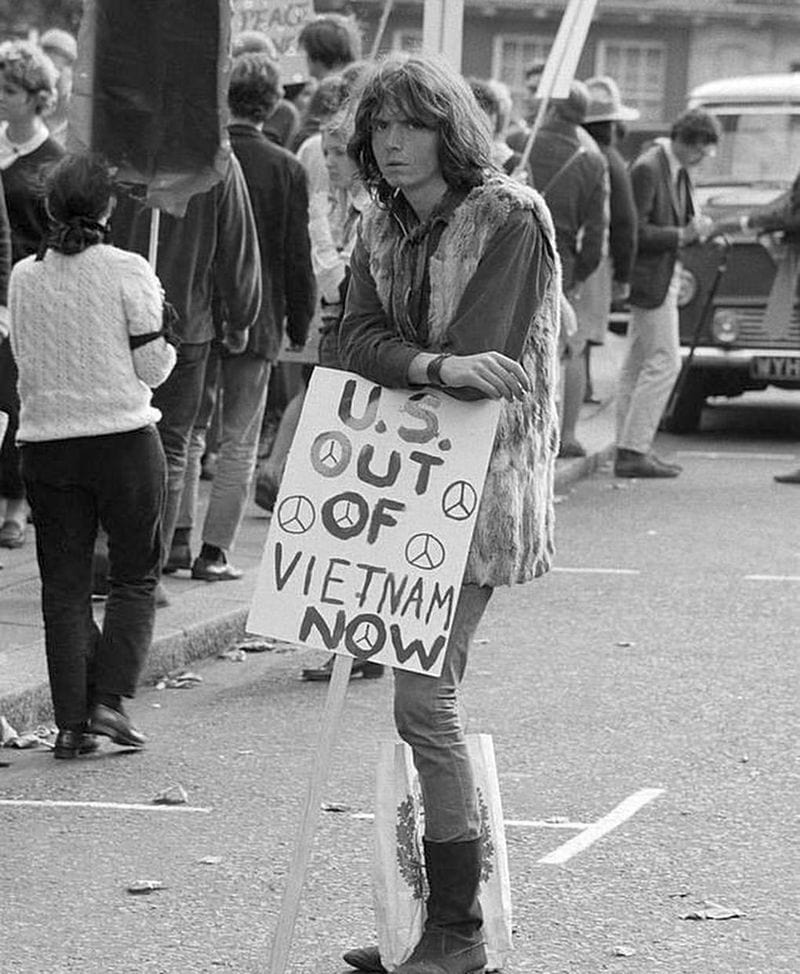
Throughout the 1960s, protests against the Vietnam War became a defining feature of the decade. Students, activists, and ordinary citizens took to the streets, demanding an end to the conflict. The protests were driven by a desire for peace and a belief that the war was unjust.
Acts of civil disobedience and mass demonstrations captured the nation’s attention, influencing public opinion and policy. The anti-war movement united people across different backgrounds, fostering a sense of empowerment. It left a legacy of activism that continues to inspire future generations in their fight for justice.
9. The Launch of Apollo 11
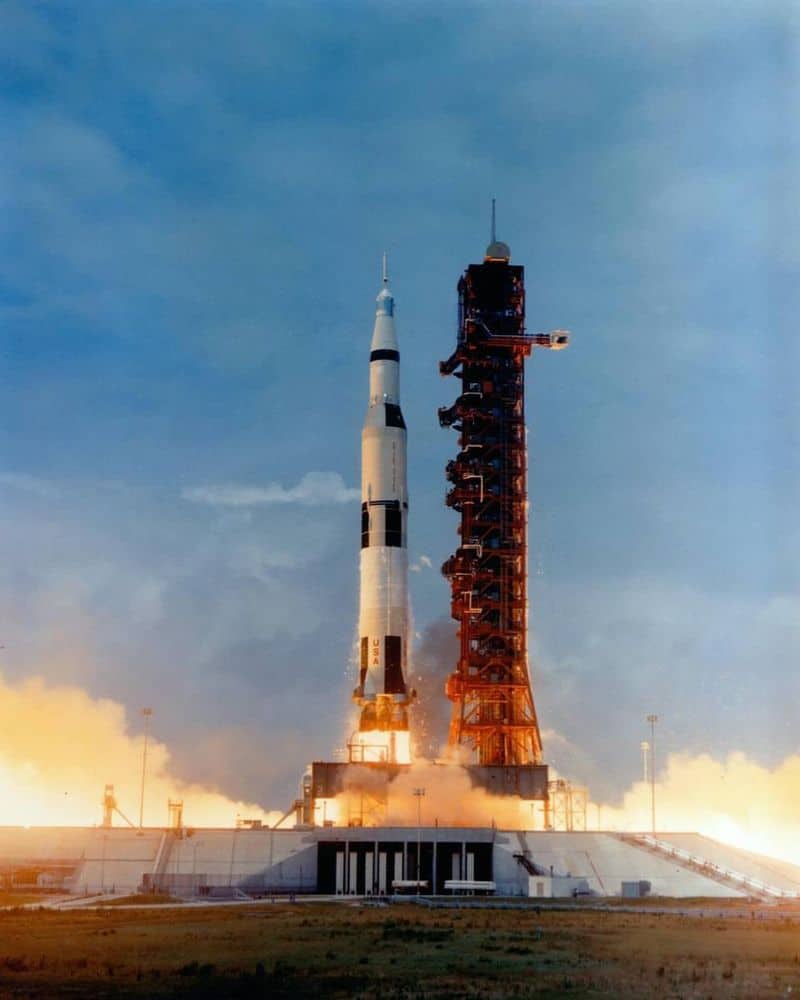
The launch of Apollo 11 on July 16, 1969, marked a milestone in space exploration. As the Saturn V rocket roared to life, its mission to land on the moon captivated a global audience. This achievement reflected the culmination of years of research, innovation, and unwavering determination.
Families watched as the rocket ascended into the sky, filled with hope and anticipation. The success of Apollo 11 not only showcased technological prowess but also inspired a sense of unity and ambition. It symbolized humanity’s ability to reach beyond earthly confines and explore the unknown.
10. The Release of The Sound of Music
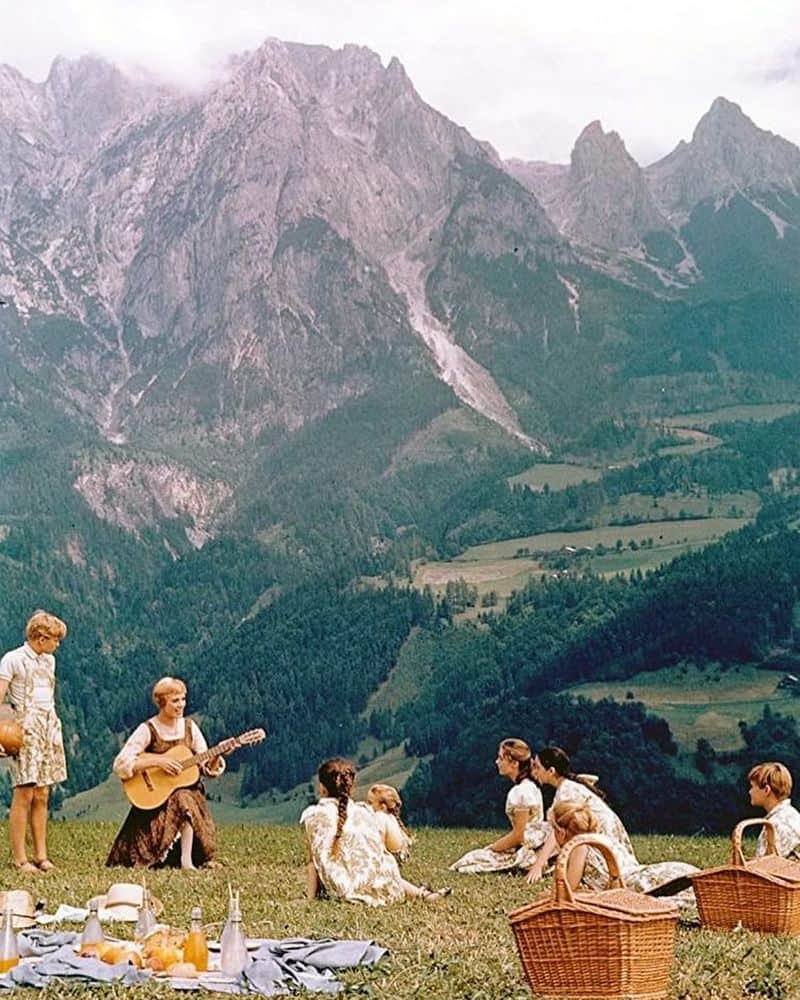
Released in 1965, “The Sound of Music” became a beloved classic, enchanting audiences with its memorable songs and heartwarming story. Julie Andrews’ portrayal of Maria captured hearts, and the film’s picturesque Austrian landscapes added to its charm.
The movie’s themes of love, family, and resilience resonated with audiences, creating a cultural touchstone that transcended generations. Whether singing along to “Do-Re-Mi” or “My Favorite Things,” viewers found joy and comfort in the film. Its enduring popularity is a testament to the power of storytelling and music to uplift and inspire.
